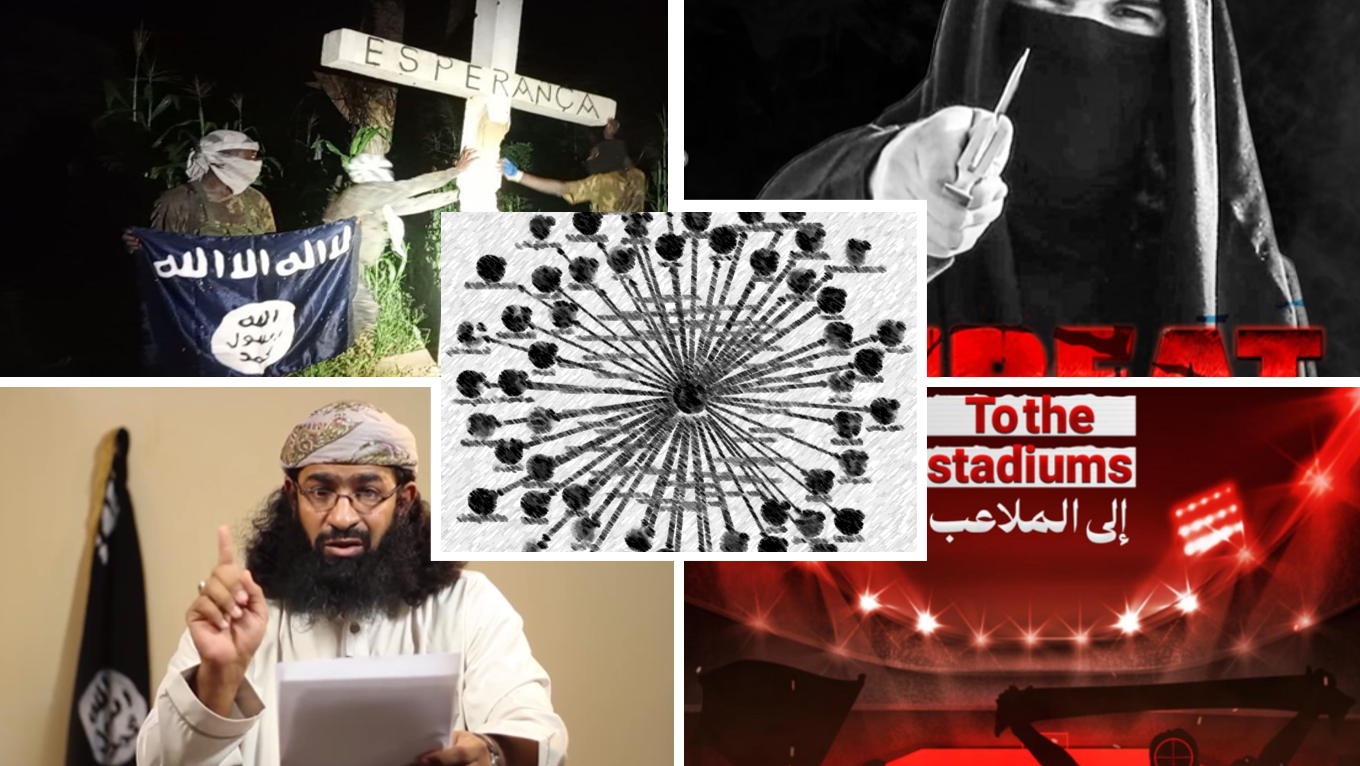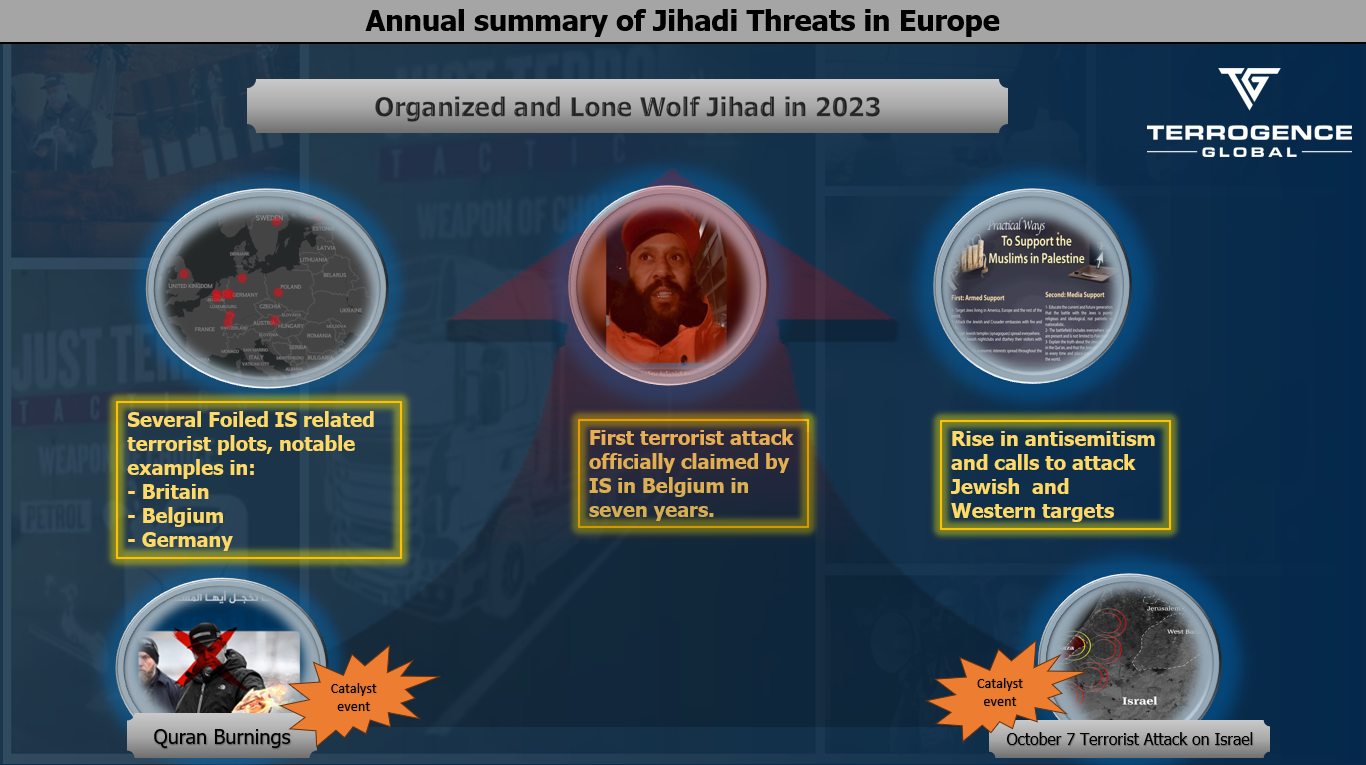This month’s In Focus analyzes how Al-Qaeda affiliated chat rooms recently published a series of Islamic State documents and memoranda that provide a rare inside look at secret internal IS correspondence not revealed by IS due to its sensitivity. The documents show rifts and disagreements within the Al-Sham (Syria) Province leadership, revolving around the issue of unclaimed attacks, a policy that in our assessment, continues today. While these publications serve Al-Qaeda’s purpose of defaming IS and its leadership, their evaluation of the documents and the documents themselves have some important indicators that confirm our previous assessments regarding OPSEC policies used by the Islamic State in Syria and other affiliates. It is difficult to confirm the authenticity of the documents. However, it is not unheard of for such rifts and disagreements to manifest in any terrorist organization.
In the Sahel, Niger followed in the footsteps of Mali and Burkina Faso when the military orchestrated a coup d’état that overthrew the president. Jama’at Nusrat al-Islam wal-Muslimin and the Islamic State Sahel Province have already benefited following the withdrawal of Western forces from Mali and Burkina Faso, and they have continued to escalate their attacks in recent months. While events are still unfolding, it is evident the emerging military junta triumvirate of Mali, Burkina Faso and Niger is taking a hardline anti-West and pro-Russia approach that will add obstacles to Sahelian counterterrorism efforts.
In Pakistan and Afghanistan, the Islamic State’s Khorasan Province has claimed responsibility for two complex attacks – the deadly suicide bombing in Bajaur in July 2023, and the targeting of a memorial ceremony of a Taliban official in Badakhshan in June. These attacks indicate ISKP continues to implement their 2023 strategy that favors infrequent high value attacks rather than ongoing insurgency. Such attacks require careful planning, intelligence, a network of collaborators, and logistical capabilities in Afghanistan and on the Pak-Afghan border. The group may be undergoing some major shifts or is facing great challenges that currently prevent it from increasing attacks. Nevertheless, their threat to the region should not be taken lightly.
This month’s Who’s Who? analyzes a Facebook profile belonging to an enthusiastic Tanzanian IS supporter, with an emphasis on African affairs, Islamic State Central Africa Province and Mozambique Province. This profile is part of a whole community on Facebook of African pro-IS profiles, who distribute IS content in the various African languages, especially Swahili. Tanzania is important in the context of ISCAP recruitment and also as a region where financing and logistical assistance for IS activities in Africa takes place. It is possible the POI’s profile plays a part in this scheme.
In our Instant Messaging Applications Monitoring, using the Codex IMATM system, we investigated two phone numbers, Filipino and Bengali, that were members of several radical WhatsApp groups, mostly IS-affiliated. The two numbers were found to have five WhatsApp groups in common. Further investigation was applied using our investigative tools and systems that revealed their possible appearance and their possible social media accounts.
Get the full report
If you would like to get the full report, leave your details in the form below.





